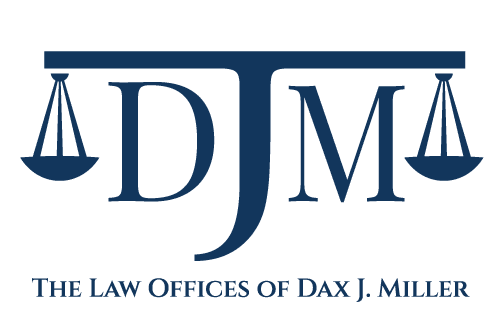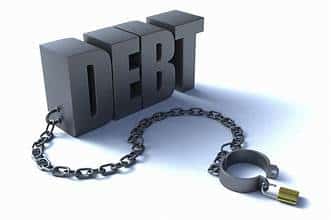Dischargeable Debt in Bankruptcy
Not all Debt is Dischargeable Debt in Bankruptcy
Unfortunately, filing for bankruptcy does not automatically take care of all your debt. How much of your debt is dischargeable depends on the type of debt you have and the type of bankruptcy you file.
What Is a Discharge in Bankruptcy?
A discharge is the endgame of a bankruptcy. It is what will occur to absolve you of personal liability for some specific debts that you have. The discharge is a permanent order, making your creditors no longer able to come after you for those debts ever again. It is important to note, however, that this is not to say that the same creditor cannot come after you for different debts incurred after your discharge.
One distinction that must be made is the difference between discharge and dismissal. Both mark the end of your bankruptcy, but for different reasons. If the court discharges your case, then it takes care of the debts included in your bankruptcy, and creditors included in the bankruptcy cannot pursue you anymore. If the court dismisses your case, it indicates that something went wrong in your bankruptcy process – for example, you missed too many payments. This means your bankruptcy case is over but creditors may continue to pursue you for those debts.
What is Not Dischargeable?
You may be asking, now, what debts can be discharged? The answer to this is not cut and dry. Much of the answer depends on the type of bankruptcy that you file. There is a slightly broader array of dischargeable debts available in a chapter 13 bankruptcy than a chapter 7. There are 19 categories of debt excepted in a chapter 7, the most common non-dischargeable debts being:
- certain types of tax claims
- debts not provided by the debtor on the lists and schedules the debtor must file with the court
- debts for spousal or child support or alimony
- debts for willful and malicious injuries to person or property
- debts to the government for fines and penalties
- debts for most government funded or guaranteed educational loans or benefit overpayments
- debts for personal injury caused by the debtor’s operation of a motor vehicle while intoxicated
- debts owed to certain tax-advantaged retirement plans
- debts for certain condo or cooperative housing fees.
What is Dischargeable?
For a Chapter 13, some exceptions exist to what is non-dischargeable because it typically gets discharged after completing a repayment plan. These exceptions include:
- debts for willful and malicious injury to property
- debts incurred to pay non-dischargeable tax obligations
- debts arising from property settlements in divorce or separation proceedings
Along with those exceptions for a chapter 13, there are some debts that are dischargeable in both a chapter 7 and 13. These include medical debts, credit card debts, car loans, personal and payday loans, home mortgages, overdue bills, and collection agency accounts. In cases of undue hardship, bankruptcy can even discharge student loan debt.
Get Help With Filing Bankruptcy
The ins and outs of bankruptcy can be difficult to understand. This is why having an attorney in your corner is the best way to navigate your bankruptcy. Call us at the Bankruptcy Law Offices of Dax J. Miller today to schedule your free phone consultation. We can help you decide what works best for you.





